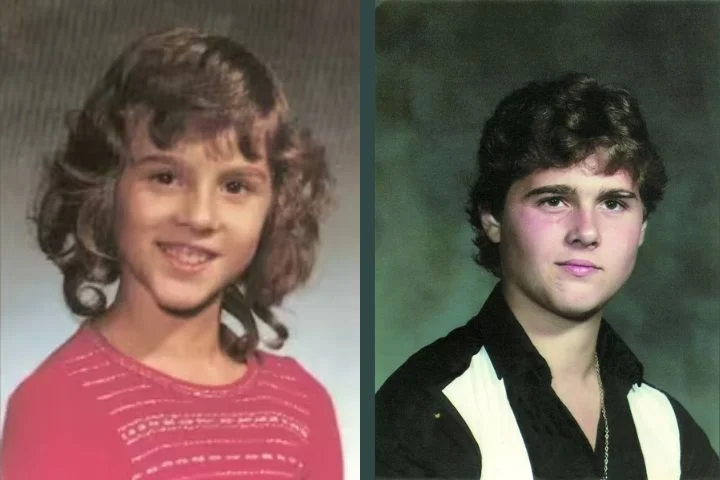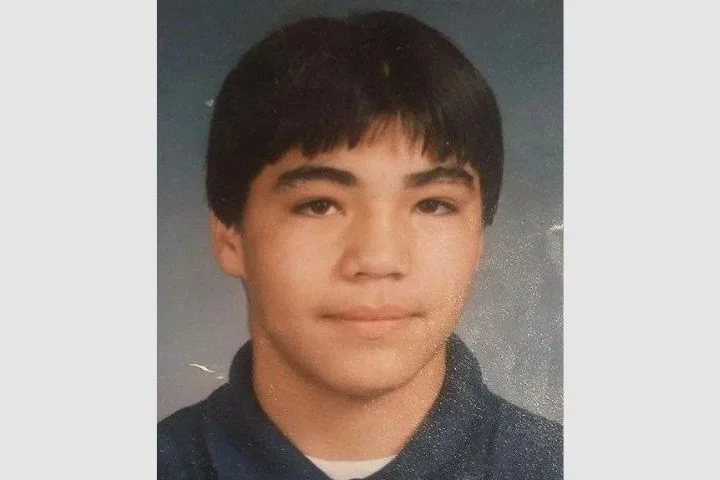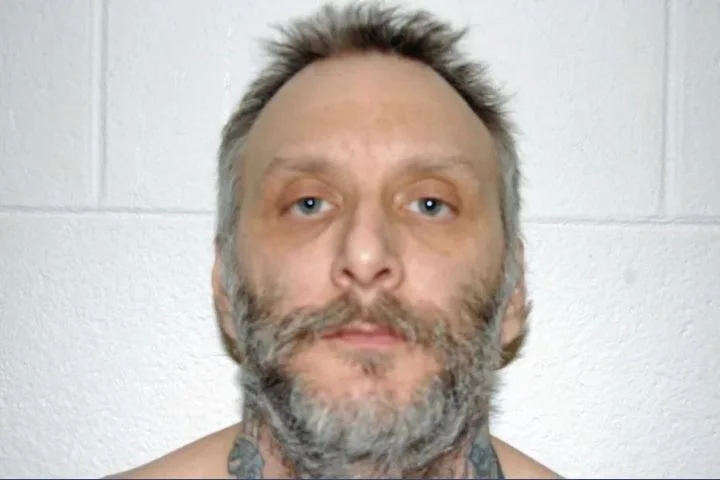David Reimer was born in 1965 alongside his twin brother, but at the age of 8 months, his p*enis was accidentally destroyed during a circumcision. The circumcision was performed by general practitioner Dr. Jean-Marie Huot, who used the unconventional technique of electrocauterization. However, the procedure did not go as planned, and David’s pe*nis was burned beyond the possibility of surgical repair.
His parents were referred to Dr. John Money, a psychologist who believed that gender was a social construct and that it was possible to raise a child as either male or female regardless of their biological se*x. Based on this theory, Dr. Money recommended that David undergo gender reassignment surgery and be raised as a girl.

David’s parents agreed to the surgery and began raising him as a girl, changing his name to Brenda. However, as David grew up, he struggled with his gender identity and never fully identified as female. Despite receiving hormone treatments and undergoing further surgeries to create female genitalia, David began to feel increasingly isolated and depressed.
At the age of 14, he made the decision to live as a male and underwent further surgeries to reverse the gender reassignment process.
David Reimer’s Fight for Identity
During his adolescence, David was administered estrogen, which led to the development of breasts.
For a number of years, Reimer’s progress was documented by Money under the name “John/Joan case.” Money observed, “The child’s actions are distinctly those of an energetic young girl and substantially distinct from the masculine behavior of her twin brother.”
At the age of 13, Reimer began to experience suicidal depression and informed his parents that he would take his own life if they forced him to see Money again.
On March 14, 1980, following advice from Reimer’s endocrinologist and psychiatrist, his parents revealed the truth about his gender reassignment. At 14 years old, after learning about his past from his father, Reimer chose to identify as male and adopted the name David.
He underwent a series of treatments to reverse his gender reassignment, including testosterone injections, double mastectomy, and phalloplasty operations.
David’s experience had a profound impact on his life, and he struggled with depression and substance ab*use in the years following his gender reassignment surgery.
On 22 September 1990, he married Jane Fontane and would adopt her three children, but continued to struggle with his identity and the trauma of his childhood experiences.
In 1997, Reimer’s story gained global recognition when he shared it with Milton Diamond, a s*exologist in academia. Diamond convinced Reimer to let him disclose the results publicly to discourage physicians from administering similar treatments to other infants.
On May 2, 2004, Reimer’s wife Jane informed him of her desire to end their marriage. The following morning, May 4, 2004, Reimer drove to a parking lot of a grocery store in his hometown of Winnipeg and fatally shot himself in the head with a sawed-off shotgun. He was 38.
The Ethics of Gender Reassignment
The David Reimer case raised important questions about the ethics of gender reassignment surgery and the role of medical professionals in determining a person’s gender identity. Many critics argue that Dr. Money’s approach to gender reassignment was based on flawed science and that his methods were unethical.
The case has inspired discussions about the importance of informed consent and the need for medical professionals to consider the long-term consequences of their actions.
The Medical Community’s Response to the David Reimer Case
The medical community’s response to the David Reimer case has been criticized by some for its lack of attention to the ethical implications of gender reassignment surgery. Critics argue that the medical community should have been more cautious in promoting gender reassignment surgery and should have taken a more nuanced approach to understanding the complexity of gender identity.






